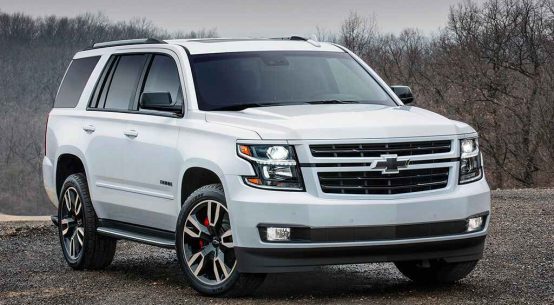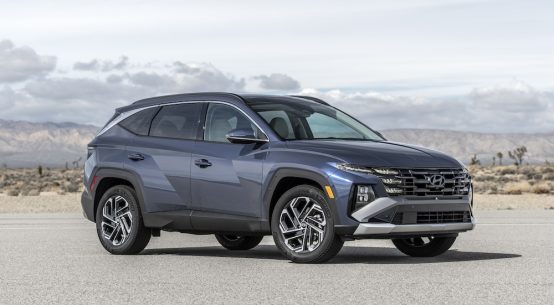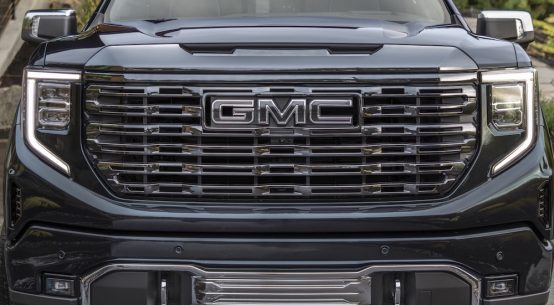
Today, we’re diving into a crucial topic: how to avoid getting screwed over by a car salesman. Buying a car is a big investment, and you want to make sure you’re getting a fair deal. So, how do you know if you’re at a sketchy car dealership? Let’s break it down.
1. Too-Good-to-Be-True Prices
First up, let’s talk about super-low prices. If you see a car priced way below market value, be cautious. As Geoff Cudd from FindTheBestCarPrice.com points out, these deals might hide future costs or serious issues with the car. Michael Sensano, sales manager at Apple Truck and Trailer, warns that huge markdowns often come with hidden fees tacked on at the last moment. So, if the price seems too good to be true, it probably is.
2. No Test Drive Allowed
Next, if the dealership won’t let you take the car for a test drive, run the other way. This is a huge red flag. Geoff Cudd says the lack of a test drive prevents you from assessing the car’s condition and might mean there’s something wrong with the vehicle that the dealer doesn’t want you to discover.
3. High-Pressure Sales Tactics
Watch out for high-pressure sales tactics. If the dealer is pushing you to buy immediately or dodging your questions about the vehicle, it’s a bad sign. Michael Sensano says reputable dealers will give you space to think and provide transparent information about the vehicle’s history and condition. You should never feel rushed into making a decision.
4. No Vehicle History Report
Knowing the vehicle’s history is critical. Michael Douglas from Chase Auto emphasizes the importance of checking for accidents, water damage, missing repair history, and failed inspections. If a dealership won’t provide a vehicle history report, they might be hiding something.
5. Refusal of Third-Party Inspections
Always get a pre-purchase inspection. Michael Douglas recommends checking for leaks, rust, dents, scratches, and other damage. If the dealership refuses to allow a third-party inspection, it’s a major red flag. According to Geoff Cudd, this could mean the vehicle has hidden problems that could lead to expensive repairs down the road.
6. Poor Dealership Reviews
Lastly, always check online reviews. Look for customer feedback on platforms like Yelp and Trustpilot. Pay attention to recurring issues in one-star reviews and note the dates of the reviews to gauge recent customer experiences. If you see too many negative reviews, especially about pushy sales tactics, find a more reputable dealership.
Conclusion
Alright, folks, those are the key red flags to watch out for when shopping for a car. Remember, a little research and caution can save you a lot of money and hassle in the long run.





